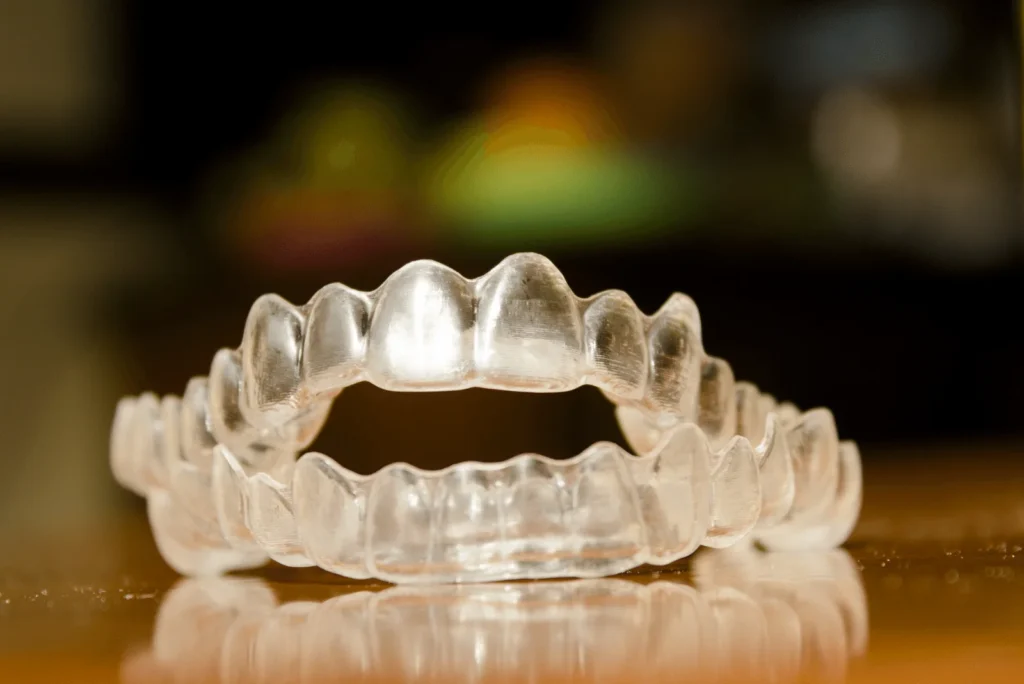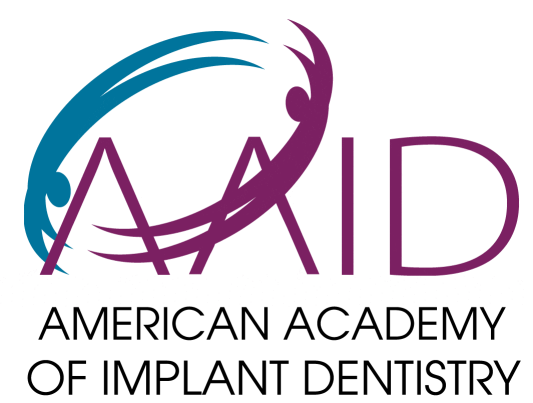Can Invisalign affect gum health, and what should you expect regarding your periodontal wellness during clear aligner treatment? As Invisalign continues to gain popularity among patients seeking discreet orthodontic solutions, understanding its potential effects on gum health becomes increasingly important. At Lansdowne Family Dental, we frequently encounter patients who are curious about how clear aligners might influence their periodontal condition and overall oral health.
The relationship between orthodontic treatment and gum health is complex, with clear aligners presenting both unique advantages and specific challenges compared to traditional braces. While Invisalign offers the convenience of removable aligners that allow for easier cleaning, the treatment process itself can create circumstances that either benefit or potentially compromise your gum health depending on various factors.
In this comprehensive examination, we’ll explore how Invisalign treatment impacts your gums, discuss the potential benefits and risks to your periodontal health, and provide essential guidance for maintaining optimal gum health throughout your orthodontic journey with clear aligners.

How Invisalign Works?
Before exploring the effects on your gums, it helps to understand what Invisalign is and how it works. Invisalign uses a series of custom-made, clear plastic aligners that gradually shift your teeth into place over time.
- You’ll wear each set of aligners for around 1-2 weeks
- They fit snugly over your teeth and apply light pressure to move your teeth incrementally
- You swap them out for a new set as your treatment plan progresses
- Most plans require between 12-48 aligners in total
The key benefit is that Invisalign aligners are removable. You can take them out for eating, brushing, and flossing. This distinguishes them from fixed braces.
Can Invisalign Negatively Impact Your Gums?
So, what implications could this treatment have for your gum health? There are a few considerations around Invisalign and gum health to note:
1. Lack of Proper Oral Hygiene
Like other orthodontics, Invisalign success heavily relies on proper oral hygiene. With aligners in your mouth up to 22 hours per day, this can increase the risk of plaque buildup and inflammation if you’re not diligent with brushing and flossing.
Not caring properly for your teeth and gums with Invisalign can lead to:
- Gingivitis (swelling, redness, bleeding gums)
- Periodontitis (damage to tissues and bone that support teeth)
- Tooth decay
2. Friction on the Gums
The constant pressure of the aligners on your teeth can sometimes irritate gum tissue. This may result in symptoms like:
- Soreness
- Redness
- Cuts or lesions
Proper care can prevent most irritation. But notify your orthodontist immediately if aligners cause significant gum discomfort.
3. Pre-Existing Gum Disease
If you already have unhealthy gums, wearing aligners could aggravate gum problems. The orthodontic movement may progress faster than your gums can accommodate.
Consult your dentist or periodontist before Invisalign treatment if you have:
- Gingivitis
- Periodontitis
- Other gum troubles
With their input, your orthodontist can plan Invisalign treatment safely.
Proper Care is Crucial for Healthy Teeth and Gums
As seen above, Invisalign itself does not directly cause gum disease. However ineffective oral hygiene allows plaque and bacteria to build up, creating an environment for gum inflammation.
Follow these tips to ensure your gums stay happy and healthy with Invisalign:
- Brush and floss after every meal before reinserting aligners.
- Rinse with mouthwash regularly.
- Remove aligners when drinking anything other than water. Sugary drinks boost decay risk.
- Don’t wear aligners for more than 22 hours a day. Your teeth and gums need a break.
- See your dentist every 6 months.
- Inform your orthodontist of any gum changes during Invisalign treatment.
Table summarizing proper Invisalign oral hygiene:
| Oral Hygiene Task | Frequency |
| Brushing | 2-3 times per day |
| Flossing | 1-2 times per day |
| Mouthwash | 1-2 times per day |
| Regular dental cleanings | Every 6 months |
Proper care protects your teeth and gums while wearing Invisalign. Prevent plaque buildup through brushing, flossing, and professional cleanings. Visit your dentist biannually for exams and cleaning.
Seek Quick Action for Any Concerns
Severe gum pain, bleeding, or receding gums warrant immediate attention. Book an emergency dental appointment if Invisalign causes great discomfort or exacerbates gum problems. You may need to temporarily halt treatment for gum healing.
With your orthodontist and dentist’s input, you can resume Invisalign once your gums return to good health. They may recommend special care instructions tailored to your situation as well.
Invisalign Improves Your Smile Without Compromising Gum Health
When cared for properly, Invisalign offers a discreet approach to straight teeth that needn’t affect your gum health. Practicing excellent oral hygiene and maintaining regular dental visits safeguard your gums during treatment. Communicate with your providers if the aligners ever cause gum irritation or discomfort. Don’t hesitate to ask your orthodontist questions to best protect your oral wellness.






